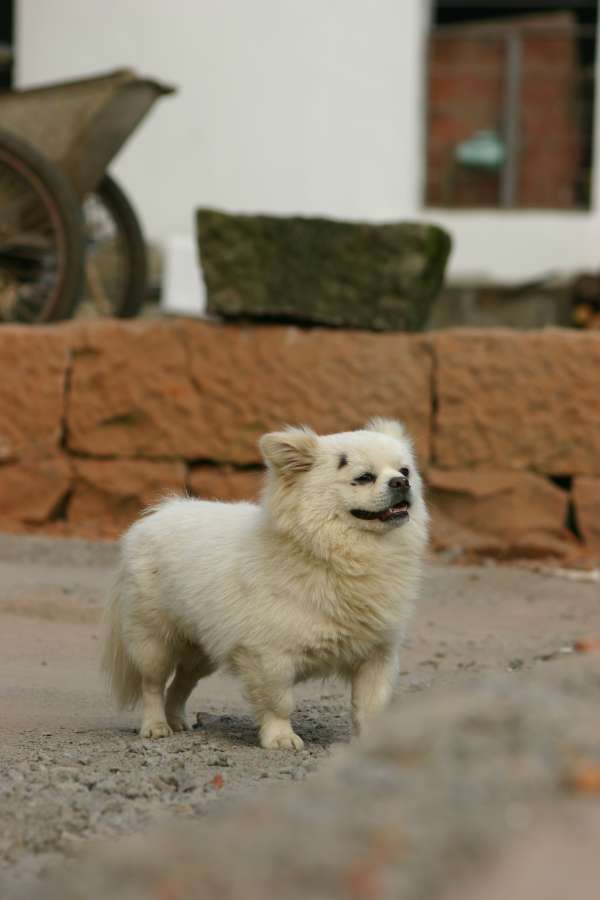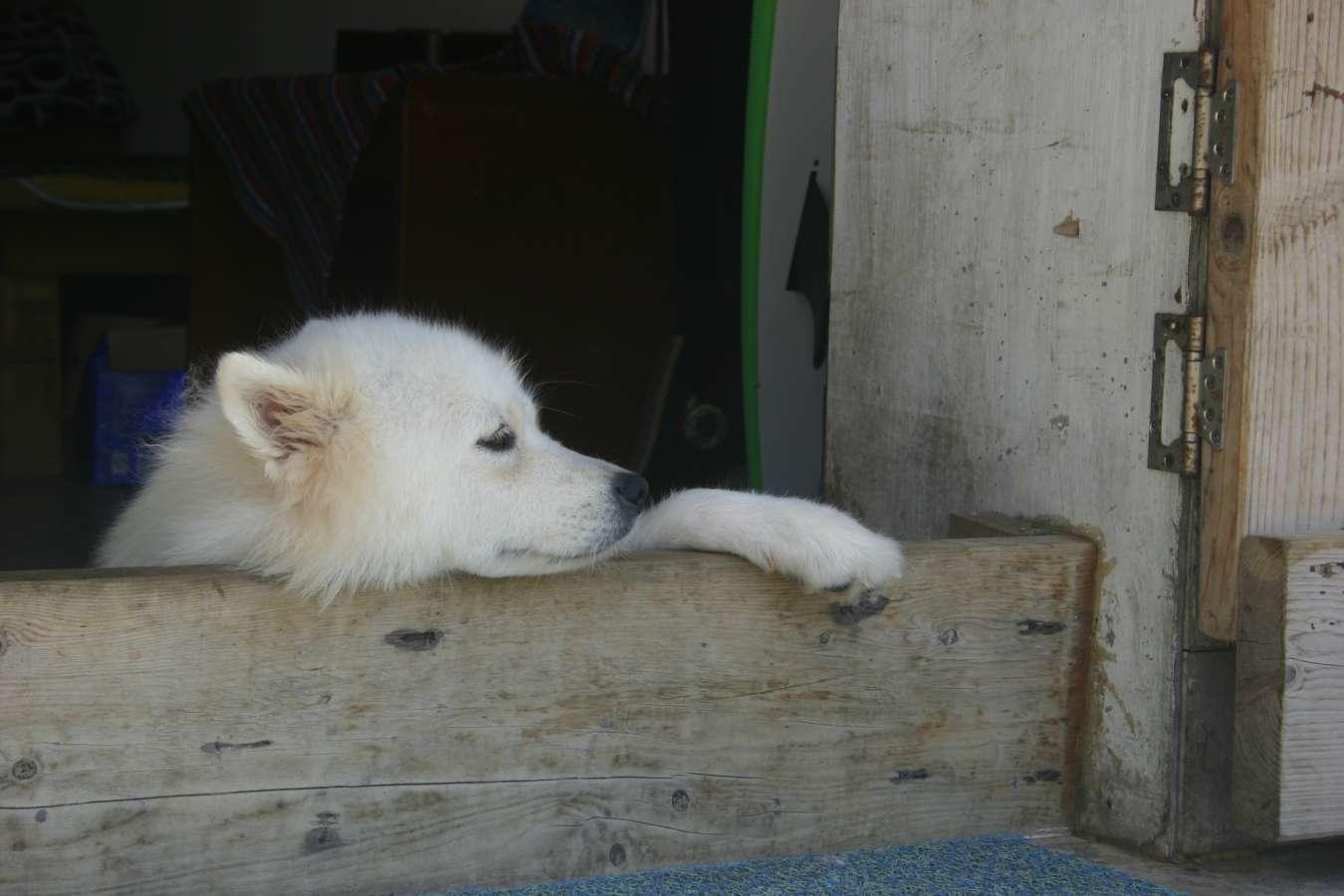Before coming to China, the vast majority of comments from friends and family had something to do with dog meat. Although all of these comments were uttered in jest, it definitely exposed the perception that we harbour in South Africa. To put my mind at ease I decided to do some recognisance on Google.
Well, “recognisance” might be too strong a word. My dependence on technology has turned me into a creature of laziness and my research entailed no more than a quick google search and a skim-through of the first article I saw.
I had convinced myself that the consumption of dog meat in China was all but an exaggeration of a single festival. Don’t get me wrong, the Yulin dog meat festival’s cruelty should by no means be overlooked, but when taking into account the enormity of China it can by no means be considered an integral part of Chinese culture. My laziness had left me with the impression that the consumption of dog meat is restricted to a small region in southern China once a year.
After living in Shanghai for a year, my perception has been moulded to be more in line with the realities in China. Then again, things tend to be quite different in the modern streets of Shanghai compared to the rest of China.
In Shanghai, dogs are worshipped as pets. The streets are overrun by dogs of all shapes and sizes leading their owners in the same way dogs do in many other parts of the world. Loved, cherished and spoiled to the point where it could be considered a crime, it’s nigh impossible to think that any of these creatures could potentially become someone’s dinner.
Many of Shanghai’s furry residents, like their human counterparts, are pampered and dressed in the newest and trendiest fashion accessories. From dresses to shoes to sunglasses, you can find anything imaginable. The city also boasts some of the most fabulous doggy parlours and salons, where you can get your pup the coolest look on the block.

My naive view was shattered during our trip to the Zhoushan archipelago. The archipelago is a mere 200 km south of Shanghai, yet the two locations are worlds apart.
We had just arrived and we were wondering the streets for something to eat. While walking past one of the restaurants we suddenly heard a horrible, loud yelp followed by a short, muffled whimper. It was most certainly the sound of a dog in despair. My mind instinctively rushed to the worst possible conclusion – someone just killed a dog.
Hoping that I was wrong, I turned my head and scanned the alleyway leading to the back of the restaurant. My fears were confirmed. I saw the dead dog next to a scene that I’ll most likely never forget. The few seconds my gaze had been lured by curiosity was just long enough to witness the second dog being killed. It was held down by one man while another whacked it over the head multiple times with a hammer. The incompetence with which the animal was killed resulted in a terribly inhumane slaughter. It also explained why the first dog gave off such a deathly howl.
I had been entirely aware of the fact that dogs are considered food in quite a few cultures around the world. However, witnessing the slaughter of man’s best friend was a nauseating experience none the less. I don’t consider myself fainthearted and I’ve seen numerous animals being slaughtered before, but this was different. My stomach turned and I had all but lost my appetite.
The fact that this had happened so close to Shanghai thoroughly upended my idea of the dog meat trade in China. The event sparked renewed interest in the subject and I decided to give the research another go.
Most of my research pointed back to the city of Yulin in Southern China, home to the annual dog meat festival. In general, most superficial sources acknowledged this festival as the major culprit in the dog meat trade. When you start delving deeper, however, you quickly realise that the Yulin dog meat festival is but a small drop in the ocean of dog blood.
In recent years, the Yulin dog meat festival that falls on the 21st of June has resulted in the slaughter of around 10 000 to 15 000 dogs annually. The total annual consumption of dog meat in Asia amounts to an estimated 13 to 16 million dogs. Some sources attribute up to 10 million to China alone. Dog-meat can be found on restaurant menus in North Korea, South Korea, Vietnam and China.
So, as far as the dog meat trade is concerned, the Yulin festival is nothing more than bad publicity. It is an event that gets the animal rights activists’ knickers in a twist and gives them something to rally against. Although it puts the cruelty of some of the popular practices on display, it accounts for less than 0.12% of the dogs eaten in China.
Comparing these numbers to the population size and vastness of China, paints another picture altogether. China is considered the third largest country in the world by surface area and by far the most populous. With a population of 1.4 billion, calling “eating dog meat” a Chinese tradition when each person in China only gets 1/140 of a dog each year, is hardly being honest. In fact, in a recent survey done by Horizon, it was found that 69.5% of respondents claimed that they’ve never eaten dog meat before. This completely discredits the idea that eating dog meat is a tradition that is practised throughout China.
A Short History of Eating Dog Meat in China
The history of eating dog meat in China dates back as far as 1700 B.C. The tradition actually originated somewhere in the northern part of the country. By the 6th-century, it had been popularised in the south as well.
In Ancient China dogs had three primary functions within the average household. They were kept as guard dogs, for hunting or as livestock to be slaughtered for their meat. During the 10th-century the role of dogs in Chinese society started to change. Their role as a source of food was slowly fading away. Many believe that it was a direct result of the arrival of Buddhism in China.
Another swing in the fate of dogs in China came in the 17th-century. At the time China was ruled by the Manchu. In Manchu culture, eating dog meat was considered barbaric and the practice was banned. Followers of China’s National People’s Party, who despised the Manchu, started to eat dog meat as a symbolic gesture. They would often start their meetings by cooking dog meat.
Today it appears as though China’s four-legged citizens are again smelling the wind of change. A recent survey found that 64% of Chinese people want the Yulin festival to end. Another 51.7% said that the dog meat trade should be completely banned. A lot of pressure is also being applied by both local and foreign animal rights activist groups. The man-eat-dog days in China might be coming to an end, giving way to a new age of pet ownership.

Conclusion
In conclusion, it is safe to say that although the dog meat trade is by no means minuscule in China, it is not a tradition that is endemic to China or practised throughout.
Sources
Below are some of the articles and websites I used in the writing of this post. Some of them seem to be well-researched articles, while the integrity of others is at best, doubtful. However, this post was never intended to be an academic article, but rather a combination of my experience and limited research on the subject. None the less, if you fancy more reading material, check out the sites listed below.
- What’s on Weibo. This Page offers quite a few academic sources.
- China Daily.
- AnimalAsia.
- CKGSB Knowledge.
- The Economist 1 & 2.
- DW.
- HuffPost. Not my favourite source, but as I’ve said . . .
- Indy100.
You can also check out this video by Vice. It is rather gruesome, but it provides a lot of insight into what is actually happening during the annual Yulin dog meat festival.



